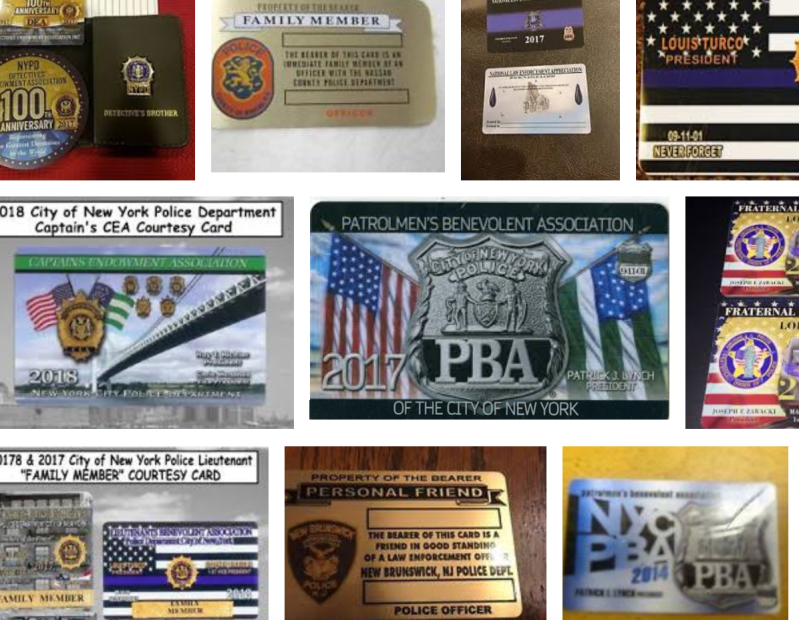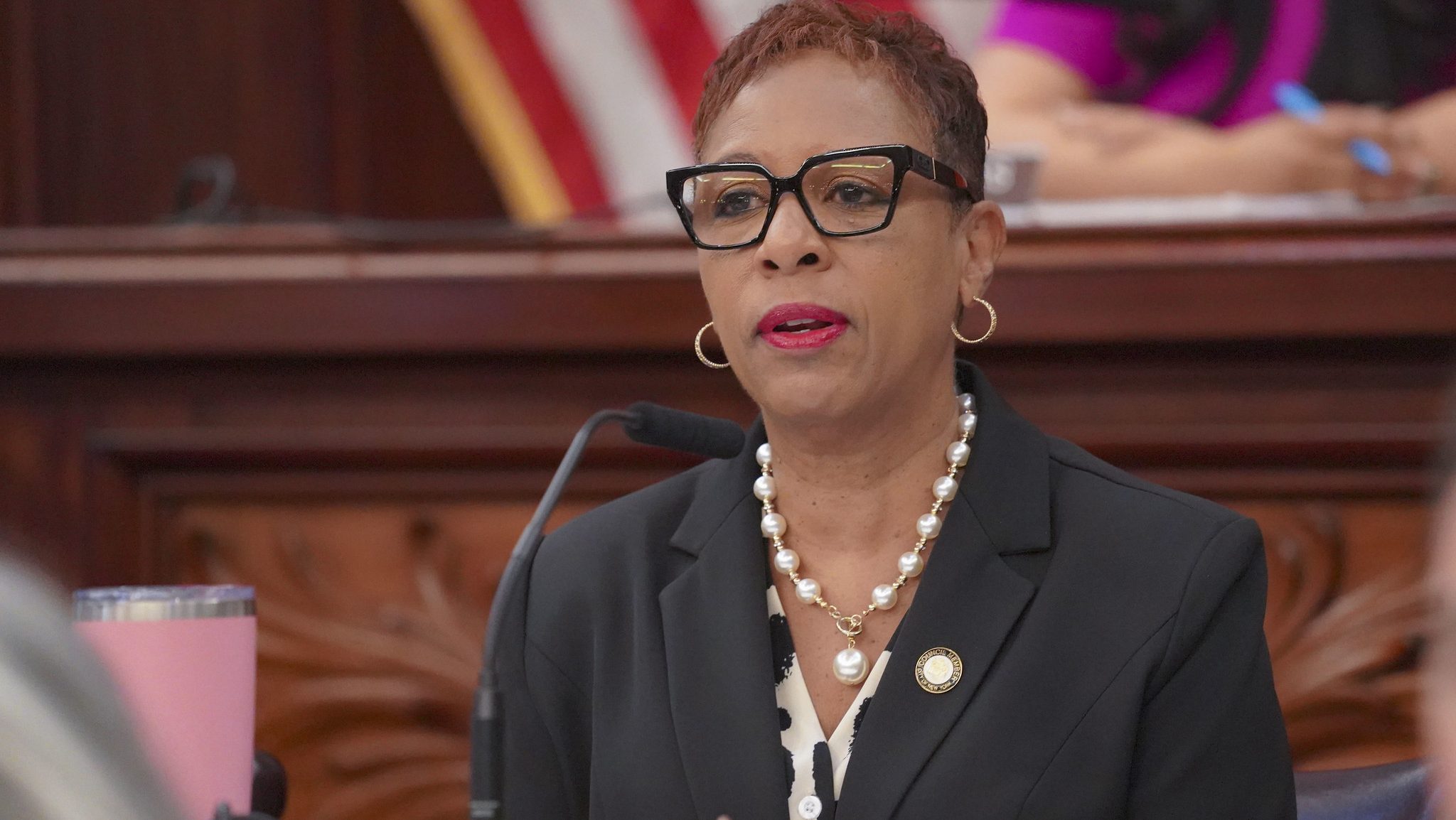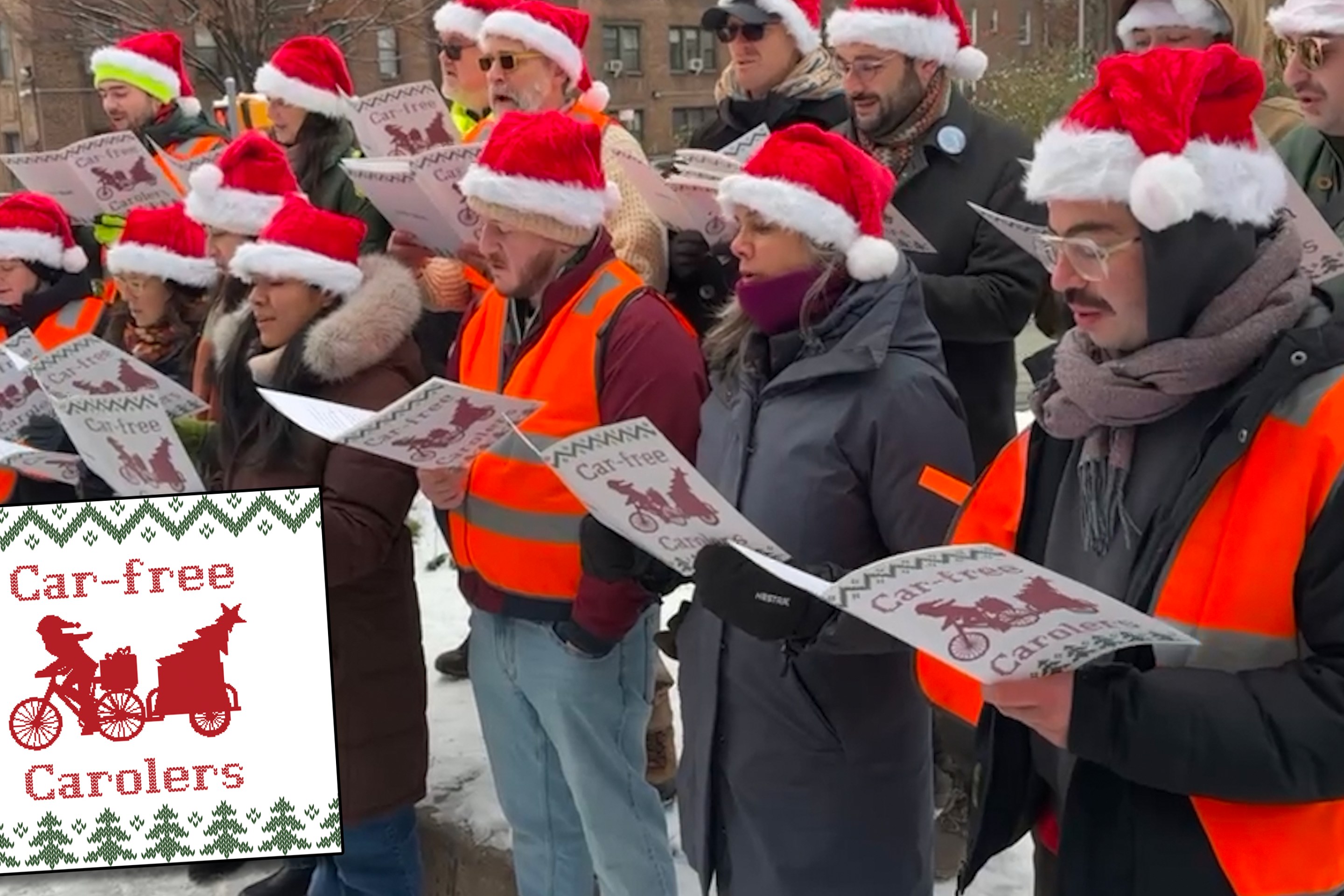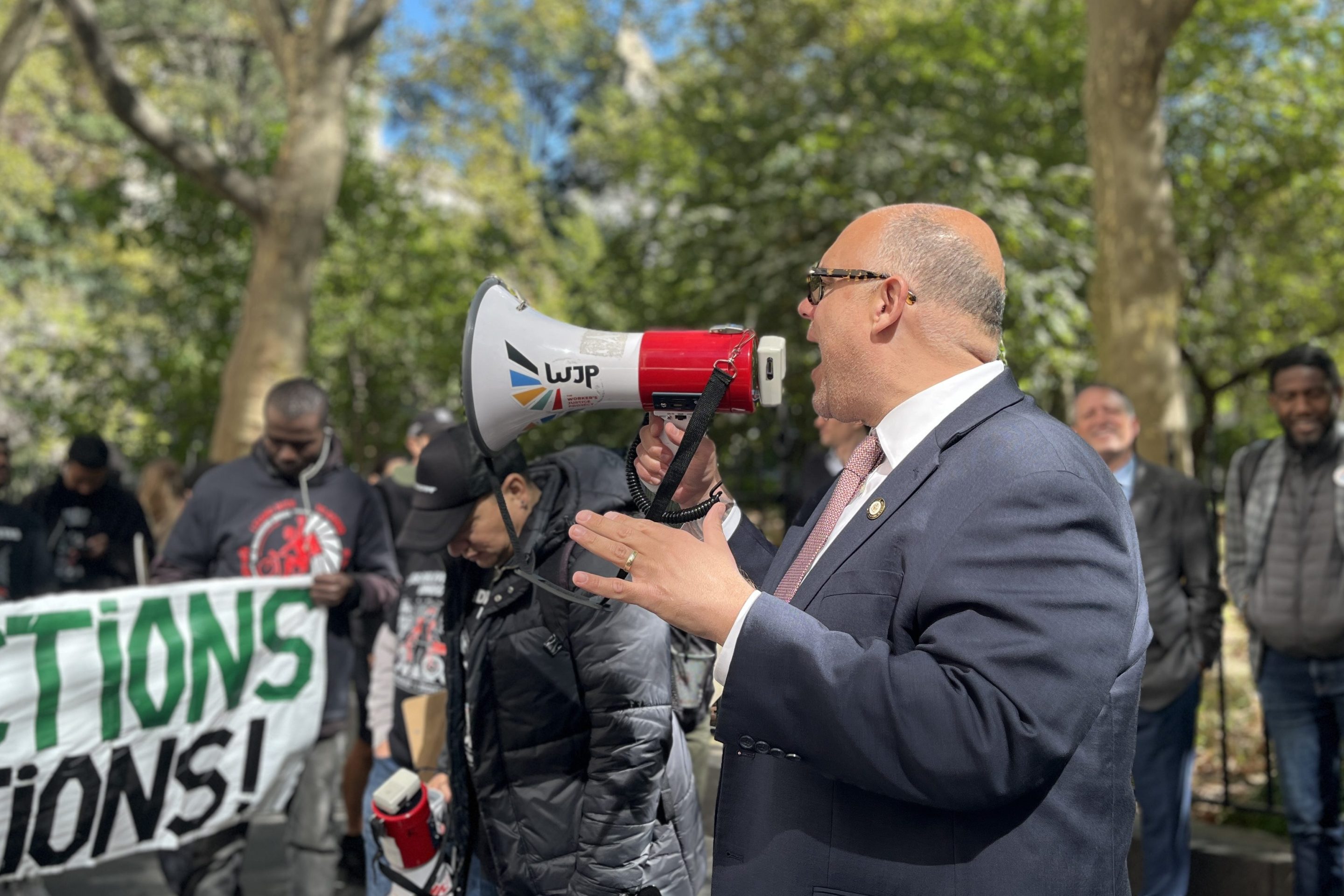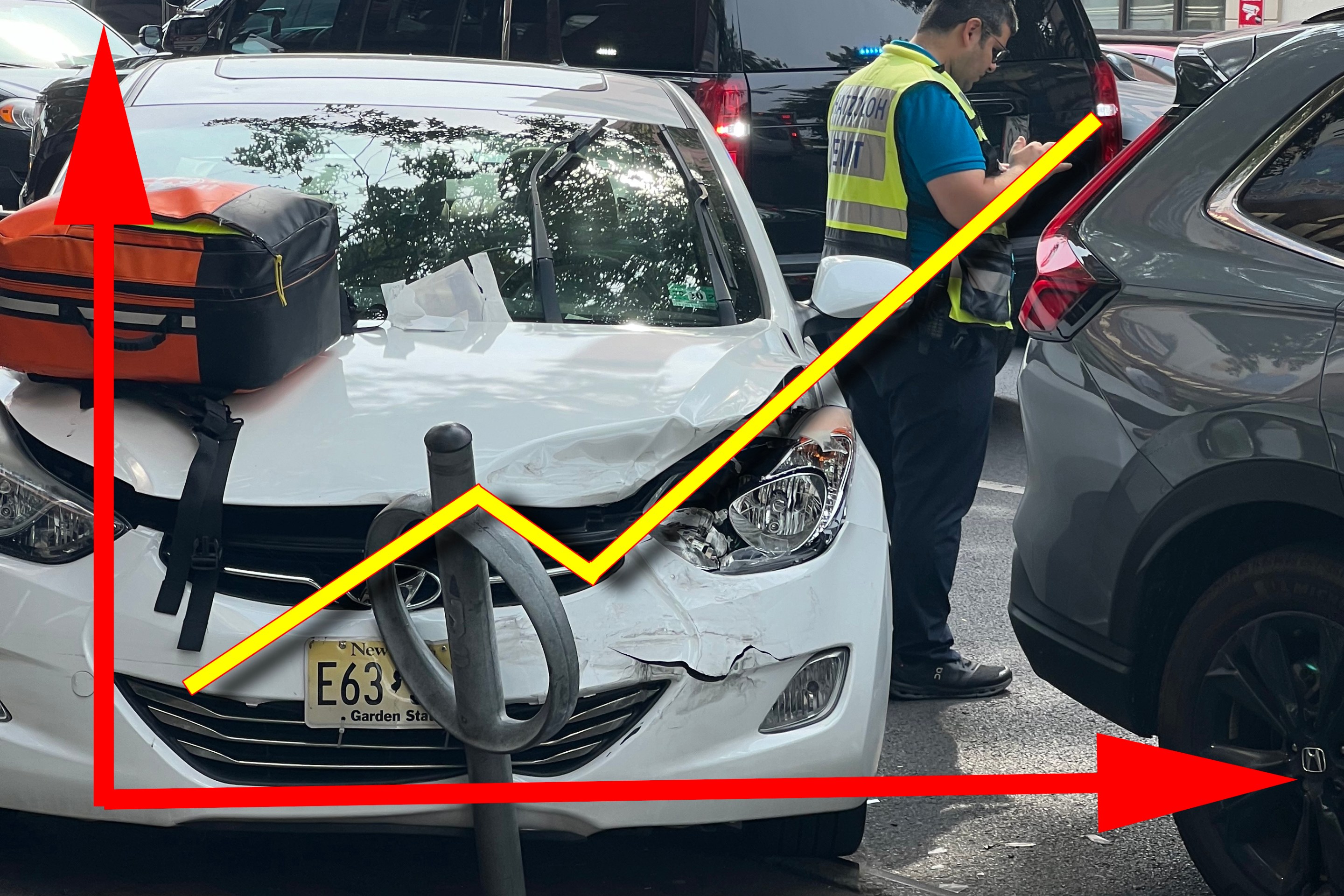With Albany on the verge of letting New York City's speed camera program expire, there is one deep-pocketed organization rooting for this life-saving technology to disappear: the Patrolmen's Benevolent Association, the largest union representing uniformed NYPD cops.
Speed enforcement cameras may be the single biggest reason citywide traffic deaths have fallen nearly 30 percent since 2013. Before the cameras debuted five years ago, there was almost no check on drivers traveling at deadly speeds on surface streets teeming with pedestrians. It's no exaggeration to say that dozens of people are alive today because 140 school zones are now equipped with the cameras.
The speed cameras will cease to operate on July 25 if Albany doesn't renew the program this session. Parents, kids, school administrators, victims' families, AARP, trauma surgeons, and the chief of police have all pleaded with elected officials to extend and expand the speed camera program. The PBA is the only organized opposition.
The PBA also happens to be a prolific donor to the campaigns of Albany politicians who hold the fate of speed cameras -- and the New Yorkers protected by camera enforcement -- in their hands. Since the beginning of 2015, the PBA has contributed more than $400,000 to candidates seeking state office and the party committees that support them, according to campaign finance records. More than $40,000 of that has gone to Governor Andrew Cuomo, and more than $68,000 to the Senate Republican Campaign Committee.
In a statement released yesterday, PBA President Pat Lynch called the cameras a "money-grab" and demanded funding for "NYPD’s traffic enforcement efforts, including reversing the 5,000-plus reduction in the NYPD’s uniformed head count since the early 2000s." In other words, instead of renewing a program that's proven to save lives, Lynch wants more dues-paying members.
The statement is riddled with inconsistencies. Cops don't like conducting traffic enforcement, and Lynch has admitted as much. Linking speed cameras to downward pressure on NYPD's headcount also makes no sense: Since the speed cameras went live, City Hall has increased the number of uniformed cops by 1,300.
Unspoken in Lynch's statement is the more plausible financial incentive for police to oppose speed cameras. Police are accustomed to being impervious, as a class, to traffic enforcement. Their badges and parking placards signal to flesh-and-blood traffic enforcement officers that they are part of the fraternity and above the law. They hand out palmcards so their buddies can "get out of jail free." Speed cameras neutralize this preferred status. Cameras don't care about placards or PBA cards, they just issue fines to speeders.
A bill to renew the speed camera program and double the number of school zones where they're permitted to operate in New York City has passed the Assembly. It has the ostensible support of Marty Golden, the senior Republican representing a New York City district in the State Senate, and would reportedly prevail in a floor vote in that chamber. Governor Cuomo has said he wants the bill to pass.
And yet the speed camera bill remains at an impasse approaching the final day of the legislative session. While a speed camera provision is included in a State Senate omnibus bill, that package is regarded as a bad faith ploy with too many poison pills to pass the Assembly. Senate Majority Leader John Flanagan could move the speed camera expansion as a standalone bill, but he's allowed Brooklyn representative Simcha Felder, who happens to chair the Cities Committee, to block it.
In Felder's district, dozens of yeshivas attended by thousands of students have signed on in support of the speed camera expansion. But Felder is stubbornly holding out for a measure to station armed cops at every school in exchange for his support. The real beneficiary of such a plan wouldn't be New York City schoolkids -- it would be the PBA, whose members would be assigned to schools.
Why is it so difficult to pass a bill that has the votes to pass? Maybe because so many players in Albany collect large campaign checks from the PBA.
Felder’s Senate campaign committee, which has been active since 2012, reported its first PBA contribution, of $5,000, in June 2016, months before his most recent reelection. The following legislative session, Felder was pivotal in spiking a bill to expand and extend the speed camera program. The PBA gave Felder another $1,000 last September.
Those donations are larger than the PBA's typical contributions to Albany electeds, but Felder is hardly unique.
Since January 2015, the PBA has contributed $5,000 to Flanagan (including $4,000 during the 2018 filing year), $19,200 to Golden, and $42,000 to Cuomo. The Senate Republican Campaign Committee has received $68,500 in PBA contributions in that time. The Democratic Assembly Campaign Committee has received $26,500.
In the end, it doesn't matter to Pat Lynch how many elected officials say they support more speed cameras. If the bill fails, and New York loses its most effective method to deter deadly speeding, the PBA will still be happy.
